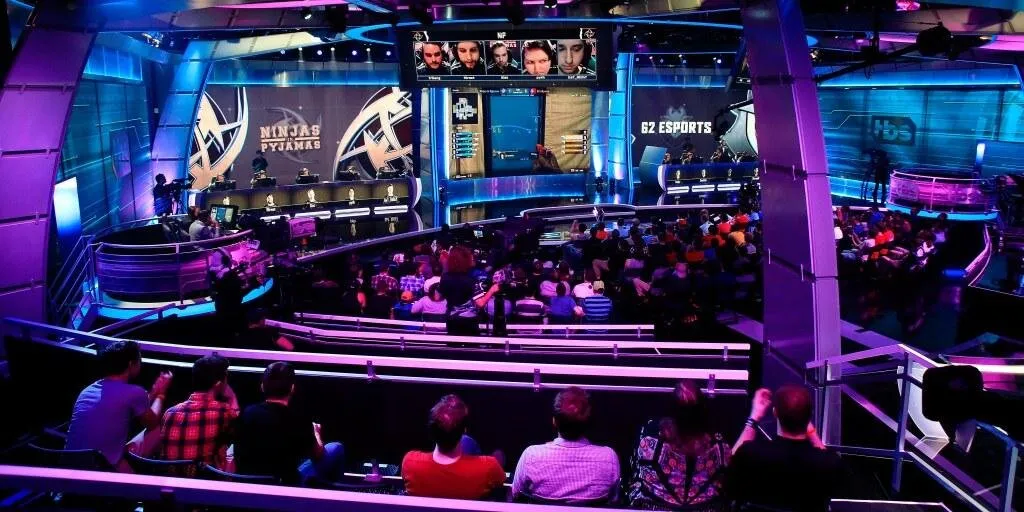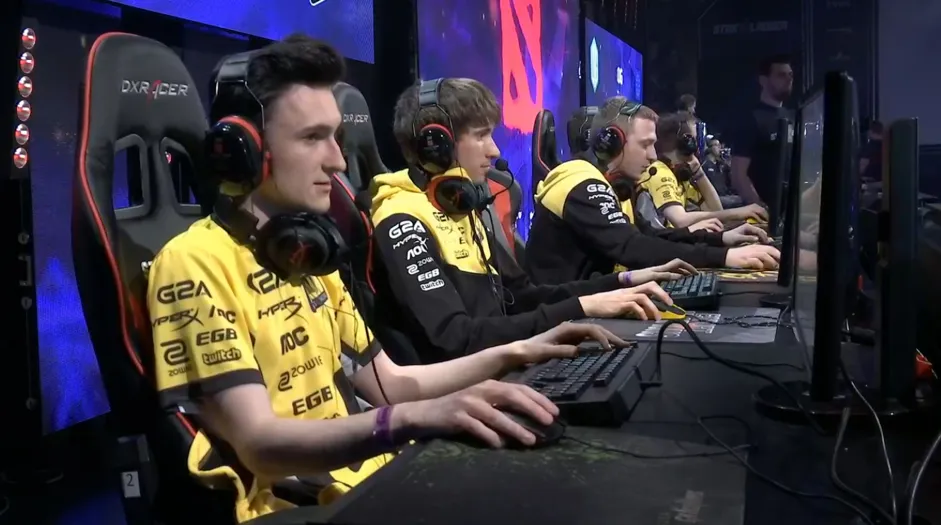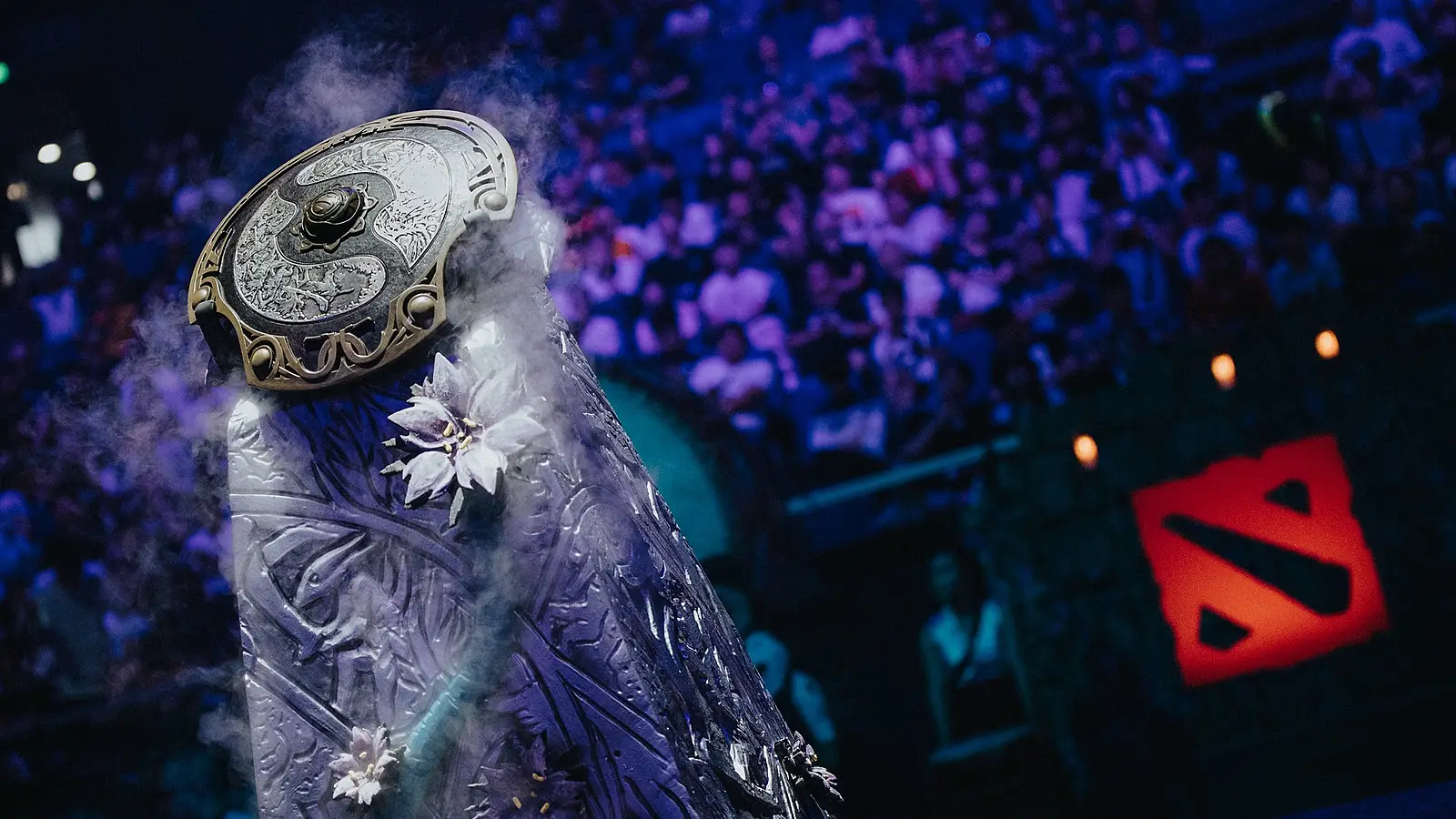The esports arena has become a global phenomenon, uniting millions of players and spectators worldwide. The involvement of major corporations in the development of the industry shows that sponsors not only play a key role in funding cybersports tournaments, but also in shaping the image of the discipline. Brand support enables them to organize large-scale events, provide players with professional equipment, and create a unique spectator experience. Of the main reasons why sponsors want to invest in cybersports, three key parameters stand out: access to a young audience, increased loyalty, and strengthening their position in new markets.
Why do companies sponsor cybersport: what drives brands?
Investing in a new format has become a strategic move for many companies. Companies see this industry as an opportunity to go beyond traditional marketing and connect with a younger audience:
- Viewership growth. Cybersport connects millions of viewers around the world, making it one of the fastest-growing niches, with sponsors gaining direct access to young people aged between 18 and 35.
- Image benefits. Partnering with cybersports teams and tournaments keeps brands relevant in the eyes of young people. For example, Samsung actively supports mobile competitions (e.g. PUBG Mobile).
- Long-term investment. Major companies such as Coca-Cola and Intel see the new format as a platform for long-term marketing. Sponsorship not only covers tournaments, but also educational projects for players.
Big brands invest in cybersport: market leaders
Cybersport has become a platform that has attracted major sponsors from all over the world. Red Bull, Intel, Adidas, Logitech and others are among the most notable participants. Which brands partner with cybersport teams? The answer includes global leaders as well as regional companies that actively support teams and championships.
Red Bull: energy and innovation
Red Bull does not limit itself to funding tournaments. The company organises unique events, such as the Red Bull Flick, aimed at developing young talent. Support includes both financial investment and the creation of content that attracts viewers and inspires participants.
Intel: technology to win
Intel is actively working with tournament organisers as the lead partner of the Intel Extreme Masters Series. Besides finance, this includes providing the high-performance equipment needed to run the competition at the highest level.
Adidas: equipment for cyberathletes
Adidas stands out from other sponsors investing in cyber sports through its attention to players’ needs. The company develops specialised equipment that takes into account the specifics of training and competition. One of its most successful partnerships was with the Vitality team, allowing Adidas to strengthen its position in the sports industry.
Logitech: precision and comfort
Logitech supports a niche – providing peripherals, including mice, keyboards and headsets, that professional athletes opt for. Partnerships with cybersports organisations such as G2 Esports underline the company’s commitment to being at the forefront of the industry.
Partners for cybersports tournaments: how the ecosystem is taking shape
 Cybersports tournaments are not possible without the support of sponsors who provide not only funding but also technology, logistics and marketing support. These companies play a crucial role in building a sustainable system by offering world-class events.
Cybersports tournaments are not possible without the support of sponsors who provide not only funding but also technology, logistics and marketing support. These companies play a crucial role in building a sustainable system by offering world-class events.
The International in Dota 2
The International in Dota 2 is the largest tournament with a multi-million dollar prize pool. Valve, the organiser of the tournament, partners with companies like Nvidia to deliver high-quality matches and capture the attention of millions of viewers. These partnerships help maintain the championship’s status as one of the most prestigious in the world.
ESL Pro League in CS:GO
The ESL Pro League in CS:GO attracts partners such as DHL for logistics support. The sponsor is responsible for transporting the equipment, allowing the cyber sports tournaments to be held in different parts of the world. This example highlights the importance of partnerships in building a global infrastructure. Collaboration between brands and event organisers forms a sustainable system that can meet the needs of players, spectators and the investors themselves.
Mobile cybersports: new investment horizons
The popularity of mobile gaming has opened up new investment opportunities. In Asian countries such as China, India and Indonesia, adaptive cybersports have become the basis for mass tournaments. PUBG Mobile, Mobile Legends and Free Fire attract millions of participants and viewers, making them attractive to investors.
Benefits for brands
Sponsors have turned their attention to mobile eSports because of the unique benefits:
- Broad audience reach. Adaptive attracts millions of players, especially in emerging markets.
- Low barrier to entry. Mobile devices are accessible to most users, allowing tournaments to be organised at minimal cost.
- High engagement. Players spend more time in apps, ensuring constant interaction with content.
Examples of successful investments
Tencent, one of the largest sponsors, actively promotes PUBG Mobile by funding tournaments and marketing campaigns. Garena invests in the development of Free Fire and organises championships with multi-million dollar prize pools.
Conclusion
 Sponsors continue to shape the future of the eSports industry. Investment makes it possible to organise large-scale tournaments, support professional teams and attract new generations of players. Companies such as Red Bull, Intel and Samsung show that sponsorship is not just an opportunity to make a profit, but also contributes to the development of a new format. The future of the direction is linked to further audience growth and increased cooperation with brands.
Sponsors continue to shape the future of the eSports industry. Investment makes it possible to organise large-scale tournaments, support professional teams and attract new generations of players. Companies such as Red Bull, Intel and Samsung show that sponsorship is not just an opportunity to make a profit, but also contributes to the development of a new format. The future of the direction is linked to further audience growth and increased cooperation with brands.
 en
en  de
de  ar
ar  es
es  nl
nl  hi
hi  fr
fr  it
it  pt
pt  el
el 









